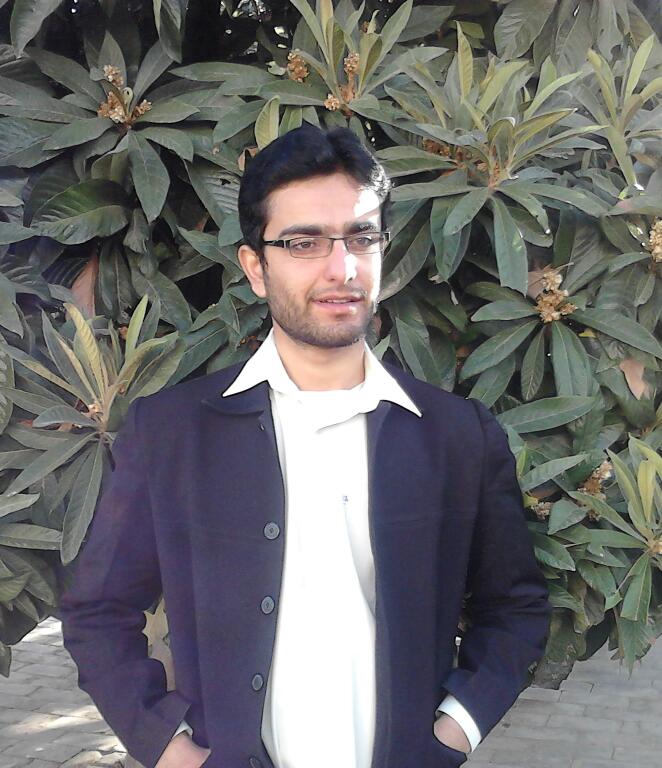Prior to India’s General Elections in 2019, BJP introduced its “Sankalap Patra” (Election Manifesto). Its far most priority was ‘zero tolerance approach to terrorism’ followed by national security and strengthening the armed forces of India. The very first point “Nation First” of the manifesto contained 14 points that had out rightly indicated that Modi’s 2.0 would be more aggressive than imagined by the policy makers in the region. The underpinnings of the election manifesto catapulted BJP’s receptiveness among the middle and upper middle class Hindus in India. The byproduct of polarized sloganeering paid BJP with a landslide victory in the elections.
In the post-election scenario, the only point (from the manifesto) PM Modi has religiously fulfilled is ‘Nation First’. The other points including ‘doubling farmers’ income’, “On the Path of Gram Swaraj’, India as the World’s Third Largest Economy’, ‘Infrastructure’, ‘Health for All’, Good Governance’, ‘Yuva Bharat (Tomorrow’s India)’, Education for All’, ‘Women Empowerment’, ‘Inclusive Development’ etc have been overshadowed by the national security. Modi’s 2.0 has been failing in economy, development, health and governance but its national security mantra is rescuing the government – thanks to Indian media that creates desired optics for Modi’s policies.
Within the 2.0 national security paradigm of Indian establishment, it was quite predictable that Modi will start from Kashmir. The abrogation of article 370 and 35-A was part of the manifesto. The sub-point 14 of the first point of the BJP manifesto stipulates that “BJP reiterates its position since the time of Jan Singh to the abrogation of article 370. Also it read that BJP is committed to annulling the article 35-A of the constitution of India as the provision is discriminatory against non-permanent residents and women of Jammu and Kashmir”. The abrogation came right after the election results leaving the Muslim population of Indian Occupied Kashmir in disarray.
India made a good plan for the abrogation of article 370 but miscalculated the reaction. The abrogation came at a time when Pakistan’s foreign policy was resurging after a decade-long peril. Prime Minister Imran Khan’s led PTI government including the military establishment were joining hands together to internationalize the Kashmir Dispute. It was India’s success in foreign policy that it had convinced the international community that Kashmir dispute was still there because of cross border terrorism from Pakistan. The abrogation of article 370 drastically changed this international perception and tilted the international narrative in Pakistan’s favor. Pakistan’s reaction at public and policy levels was quite calculated and surprising for the Indian establishment.
The abrogation of article 370 strengthened BJP’s resolve to take stringent actions as per the desires of the radical Hindu voters. The enactment of NRC and CAA proved to be a boiling point for the opposition parties in India. The regional parties in India especially TMC in Bengal and left wing in the south have their reservations on BJP’s Kashmir policy. However, these parties could not politicize the issue due to fear of hyperbolic reaction of radical Hindu forces. NRC and CAA provided the Indian left and opposition to take BJP to the task. Both the constitutional changes have become the only soft belly of BJP in the last 5 years.
In Modi’s 2.0, The Kashmir question and CAA have become the failure of BJP’s foreign and domestic policies respectively. More surprisingly, the lockdown in Kashmir and nationwide protests against CAA in India have been complementary to each other. Both the issues are taken as the examples of racial hatred towards the minority communities. After the abrogation of article 370, Pakistan’s stance on the matter was received with a cold shoulder but the leadership in Pakistan kept warning the world that much was yet to come. The CAA proved those warnings and alarmed the regional countries in particular and the world in general about an expanding Hindutva ideology, if not stopped, that would trigger the nuclear threshold.
Modi’s 1.0 was a success story only because of India’s large size economy and mushrooming businesses. As the priority in the first five years was to improve the economy and then start fulfilling the ideological pledges, the 2.0 began with the falling Indian economy. The abrogation of 370 and CAA might be the right decision in BJP’s perspective, the timing is wrong. Both the decisions have not triggered the governments in the world but verily triggered the international community worldwide. More interestingly, it was not the international community that came to voice for Kashmiris or CAA affectees rather the local Kashmiri Diaspora and Indian liberal/left alliance reached to the international community to take voice on behalf of the unheard voices.
The second term of PM Modi in power has not only polarized the Indian society but also divided the Indian society permanently. The reaction against BJP’s policies has been increasing within the Indian society. At the crossroad of socio-political transformation, the old liberal order in India has crossed the horn with the new Hindu nationalist social order. The state machinery and the entire political apparatus have stood by BJP’s aspiration. However, regional divide, liberal segments in almost all the states, and constitutional contest between states and federation has barred the BJP from establishing a political order of its desire.
It is pertinent to mention that Modi’s 2.0 is not limited to changing the domestic landscape of the Indian society. It is aimed at creating an impact across the borders of India in South Asia. The resistance at the domestic level is limited to the state level but it is not alone. The South Asian states including Pakistan, Nepal, Bangladesh etc. have voiced against BJP’s actions impacting the region in particular and Asia in general. What is missing is a genuine collaboration between the protestors in Indian (both Kashmir and CAA affectees) and governments of regional countries. The voices raised against BJP in South Asia are not at government level, except Pakistan, and only the social activists have spoken against the injustice.























